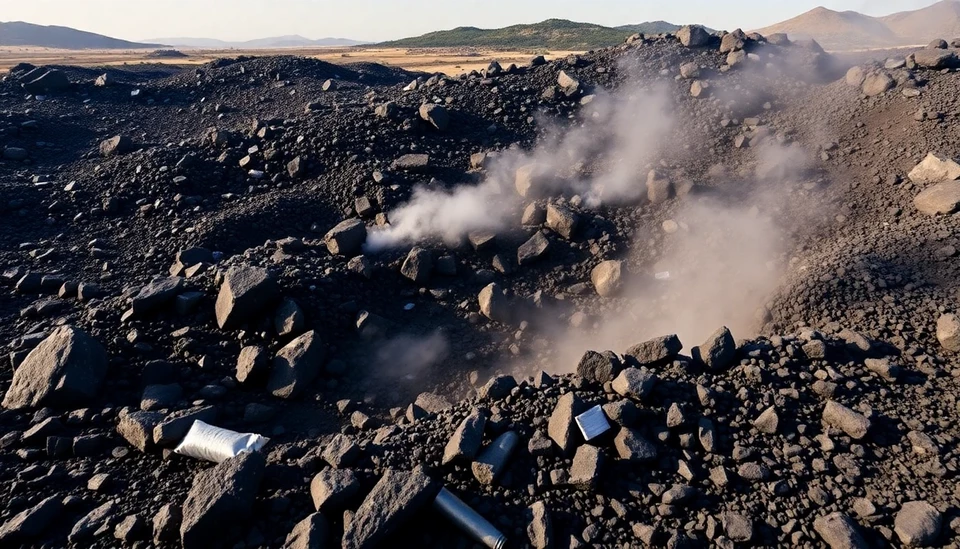
In a surprising turn of events, South Africa’s Mineral Resources and Energy Minister has declared coal as a "critical mineral" for the nation’s economy, a stance that reflects the country’s complex relationship with fossil fuels in an increasingly eco-conscious global landscape. This declaration underscores coal's pivotal role in the nation’s energy infrastructure, particularly as efforts intensify to ensure energy security and economic stability.
While many nations are moving away from fossil fuels to combat climate change, South Africa is facing distinct challenges, including severe electricity shortages and a pressing need for economic revitalization. The minister highlighted that coal continues to provide the backbone of electricity generation, accounting for over 80 percent of the country's energy mix. This reliance on coal has prompted ongoing discussions regarding the dual objectives of sustaining energy needs while transitioning towards renewable energy sources.
This emphasis on coal draws attention to South Africa's vast coal reserves, which are among the largest in the world, further cementing the mineral's significance. The government has stressed the importance of capitalizing on these reserves to ensure energy self-sufficiency, despite international pressures to reduce dependence on carbon-intensive energy sources.
The minister's comments coincide with the South African government's broader strategic plan, which aims to balance economic growth with environmental sustainability. This includes investing in cleaner coal technologies and exploring carbon capture solutions that could mitigate the adverse impacts of coal usage on the environment. The administration is working to present a nuanced approach to energy policy that acknowledges the immediate economic needs while committing to long-term sustainability goals.
Critics of the minister's declaration argue that the continued prioritization of coal impediments the progress toward renewable energy adoption. Environmental activists have voiced concerns about the detrimental effects of coal mining and its contribution to greenhouse gas emissions. In light of these tensions, the government finds itself navigating a challenging path to align economic growth with environmental responsibility.
Moreover, the minister emphasized that the global demand for coal remains robust, particularly in emerging economies where energy needs are soaring. South Africa sees an opportunity to bolster its coal exports, tapping into markets that are still heavily dependent on coal to fuel their development. This international perspective further complicates the local discourse on coal, as it highlights the geopolitical implications of energy policies in a rapidly changing world.
As South Africa grapples with the dichotomy of immediate energy demands versus long-term ecological commitments, the government's stance on coal as a critical mineral is likely to remain a focal point of debate. Stakeholders across the spectrum, from industry leaders to environmentalists, will be closely monitoring how this policy direction evolves in the coming months as the country navigates its energy transition journey.
With South Africa at a crossroads, the implications of this coal-centric approach could resonate beyond its borders, influencing global discussions on energy strategies and climate commitments.
As the future unfolds, the interplay between coal utilization and renewable energy development will be crucial in shaping South Africa's energy landscape and its position in the global market.
#SouthAfrica #Coal #EnergyPolicy #RenewableEnergy #FossilFuels #ClimateChange #EconomicGrowth #CriticalMinerals
Author: Sophie Bennett




